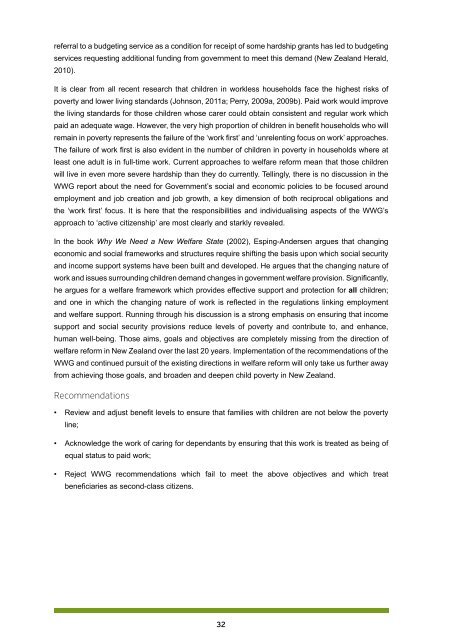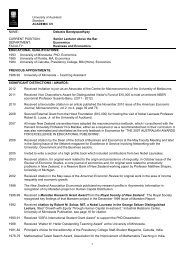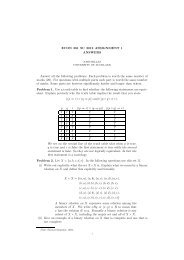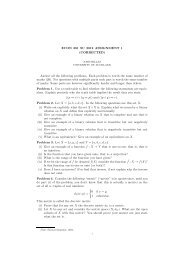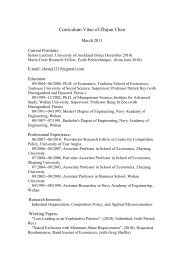Left Further Behind - Child Poverty Action Group
Left Further Behind - Child Poverty Action Group
Left Further Behind - Child Poverty Action Group
You also want an ePaper? Increase the reach of your titles
YUMPU automatically turns print PDFs into web optimized ePapers that Google loves.
eferral to a budgeting service as a condition for receipt of some hardship grants has led to budgeting<br />
services requesting additional funding from government to meet this demand (New Zealand Herald,<br />
2010).<br />
It is clear from all recent research that children in workless households face the highest risks of<br />
poverty and lower living standards (Johnson, 2011a; Perry, 2009a, 2009b). Paid work would improve<br />
the living standards for those children whose carer could obtain consistent and regular work which<br />
paid an adequate wage. However, the very high proportion of children in benefit households who will<br />
remain in poverty represents the failure of the ‘work first’ and ‘unrelenting focus on work’ approaches.<br />
The failure of work first is also evident in the number of children in poverty in households where at<br />
least one adult is in full-time work. Current approaches to welfare reform mean that those children<br />
will live in even more severe hardship than they do currently. Tellingly, there is no discussion in the<br />
WWG report about the need for Government’s social and economic policies to be focused around<br />
employment and job creation and job growth, a key dimension of both reciprocal obligations and<br />
the ‘work first’ focus. It is here that the responsibilities and individualising aspects of the WWG’s<br />
approach to ‘active citizenship’ are most clearly and starkly revealed.<br />
In the book Why We Need a New Welfare State (2002), Esping-Andersen argues that changing<br />
economic and social frameworks and structures require shifting the basis upon which social security<br />
and income support systems have been built and developed. He argues that the changing nature of<br />
work and issues surrounding children demand changes in government welfare provision. Significantly,<br />
he argues for a welfare framework which provides effective support and protection for all children;<br />
and one in which the changing nature of work is reflected in the regulations linking employment<br />
and welfare support. Running through his discussion is a strong emphasis on ensuring that income<br />
support and social security provisions reduce levels of poverty and contribute to, and enhance,<br />
human well-being. Those aims, goals and objectives are completely missing from the direction of<br />
welfare reform in New Zealand over the last 20 years. Implementation of the recommendations of the<br />
WWG and continued pursuit of the existing directions in welfare reform will only take us further away<br />
from achieving those goals, and broaden and deepen child poverty in New Zealand.<br />
Recommendations<br />
• Review and adjust benefit levels to ensure that families with children are not below the poverty<br />
line;<br />
• Acknowledge the work of caring for dependants by ensuring that this work is treated as being of<br />
equal status to paid work;<br />
• Reject WWG recommendations which fail to meet the above objectives and which treat<br />
beneficiaries as second-class citizens.<br />
32


